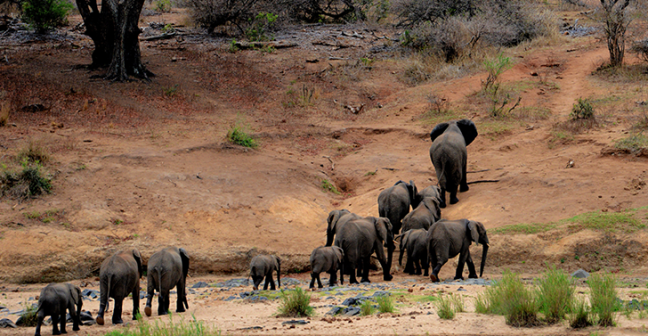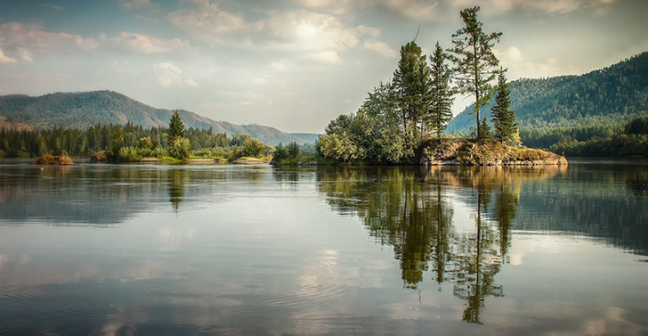In recent years there has been a surge in recognition of the positive impact behavioural science can have to help reduce the demand for a range of endangered species products; including rhino horn, tiger bone, elephant ivory, pangolin scales and more. Gayle Burgess, Programme Officer at TRAFFIC...
Webinars content
Water quality is a crucial indicator to the health of river ecosystems, yet as many as 47% of European water-bodies do not meet ‘good ecological status’. With more than 189,000 km of river in the UK alone, monitoring is an extensive task. Current water quality monitoring approaches lack spatial...
Spending time in tranquil spaces has clear benefits to people’s health and well-being. The protection and enhancement of tranquillity is therefore an important step for a civilised, healthy society. This applies both in rural environments, where current levels of tranquillity may be...
In this webinar, Joe Freemantle co-founder of the ambitious start-up Green Phoenix and Adam Donnan, CEO of the IES explored Joe's experience of being an entrepreneur in the environmental science sector. Joe co-founded Green Phoenix waste solutions in 2015 with Thomas Kouroughli and...
Located between the Bank of England and St Paul’s Cathedral, Bloomberg’s new European headquarters is the world’s highest BREEAM-rated office building to date, providing approximately 1.1 million square feet of sustainable office space.
High sustainability standards were...
Human activity in the land sector, such as deforestation and agriculture, is currently responsible for around 10% of carbon dioxide emissions and a third of all greenhouse gas emissions. At the same time, the land is a natural sink for CO2, taking up around a third of all anthropogenic CO2...






